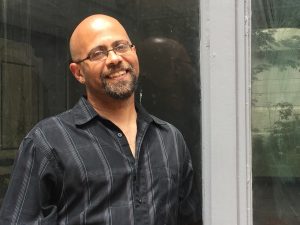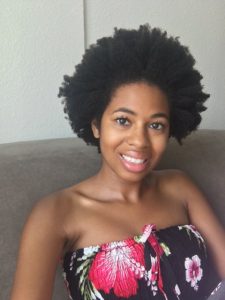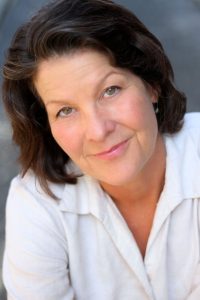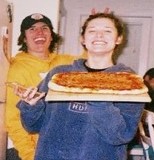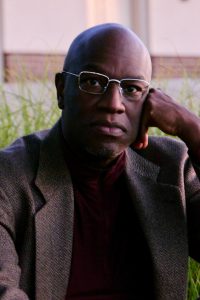
Around Midnight
the same fashion Daddy’s arms would rest
on the torn edge of his seldom used easy chair
which sat lonely in a corner trying to be unseen
Mom’s arms would rest on the lip of the basin
bending over a sink made white with Comex
water would dance between strong sturdy hands
as she scrubbed vigorously ‘puff of smoke’ stockin’s
to move the dirt and dust collected from the week
when she would fix the kids for school and please her man
after the day’s work for money to close the gap
between can’t afford and thrift shop bargains
second handed stuff that was given another chance
the ritual of familiar made us all comfortable
we knew it was Saturday soon to be Sunday
Mommy’s steps were bunions and corns then
the bottom of her feet black from the walks
barefooted because her shoes were too tight
and so was money and I needed new sneakers
just so the white kids wouldn’t laugh at me
or we needed something, always something
but Ivory soap lathers up extremely well
when rubbed against used nylon stockings
about to be glory bound in eight hours that’s
after they had dried in front of the heat vent
even in summer the ritual meant everything
elijah b. pringle, III has facilitated workshops on writing. Published nationally and internationally, he is nominated for a “Best In Net 2020.” Elijah has been the MC/Host for Panoramic Poetry, Moonstone Art Center, ToHo Journal and PhillyCAM’s “Who Do You Love.” He has been a mentor to many and a student of everyone.
